When the Vikings first arrived in the Americas around 1000AD, Japan was in the Heian period, whose court developed culture and arts, including the first novel ever written. When Columbus first sailed to the Americas in 1492, Japan had given up a stronger central government and local leaders fought for power, which led to the Edo period. There is a rich history in Japan that spans centuries.
Slipped within Japanese history is a sadder story. Tucked between the 5th century fall of Rome and the 7th century beginning of Islam and (probable) English poetry, Buddhist monks carried Confucian and Buddhist beliefs over to Japan. About the time the Plymouth Colonies were founded in America, Japan was kicking out Christian missionaries and began persecuting believers. Just before the American Civil War, Protestant missionaries began arriving in Japan and the ban on Christianity was lifted a few years later.
Though the United States may still be in its childhood compared to Japan’s nearly two millennia of history, Christianity is still in its infancy in Japan. After over two hundred years of Christian prohibition and persecution, the mere 0.3% Japanese who claim to be Evangelical Christians makes some sense. Thankfully, we are not the ones who must overcome such odds. Though God grants and uses language ability, persuasiveness, and other human efforts for his glory, it is the power of the Holy Spirit working through the good news of Jesus Christ that will change hearts. Statistics and history may seem to make the task impossible, but God is at work in the hearts of Japanese people. As it says in Matthew 9:38, “Then [Jesus] said to His disciples, ‘The harvest truly is plentiful, but the laborers are few. Therefore, pray the Lord of the harvest to send out laborers into His harvest.’” Knowledge of history is important for relating to a culture, but historical events do not stop God from working and changing hearts.





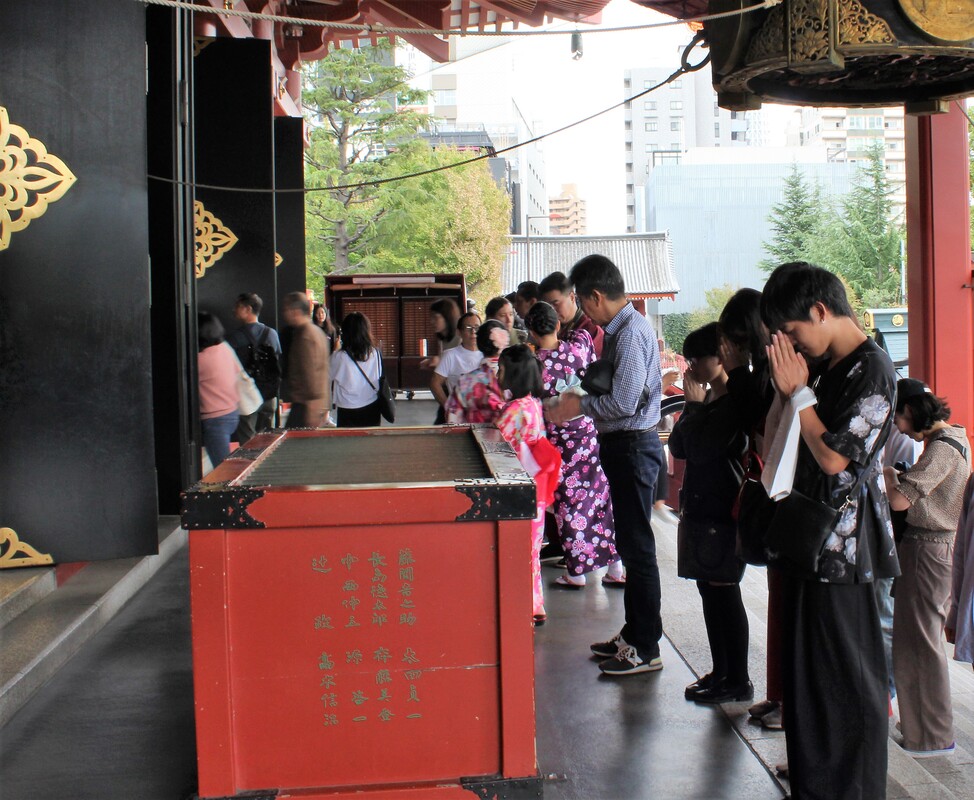
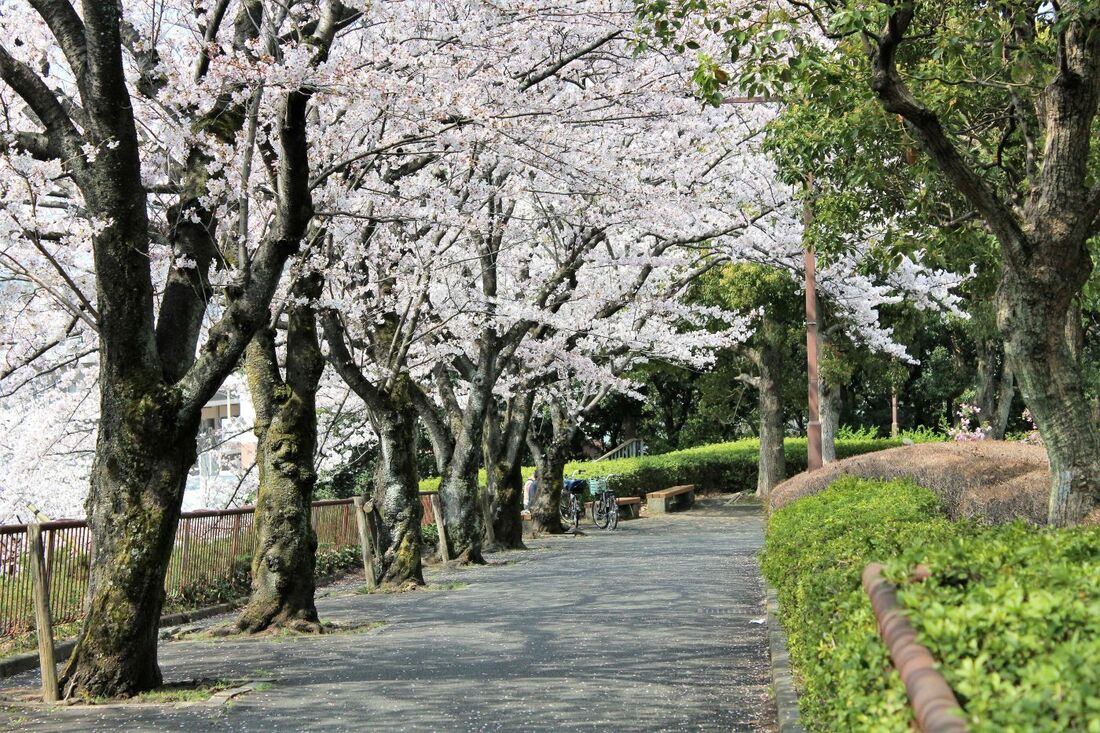

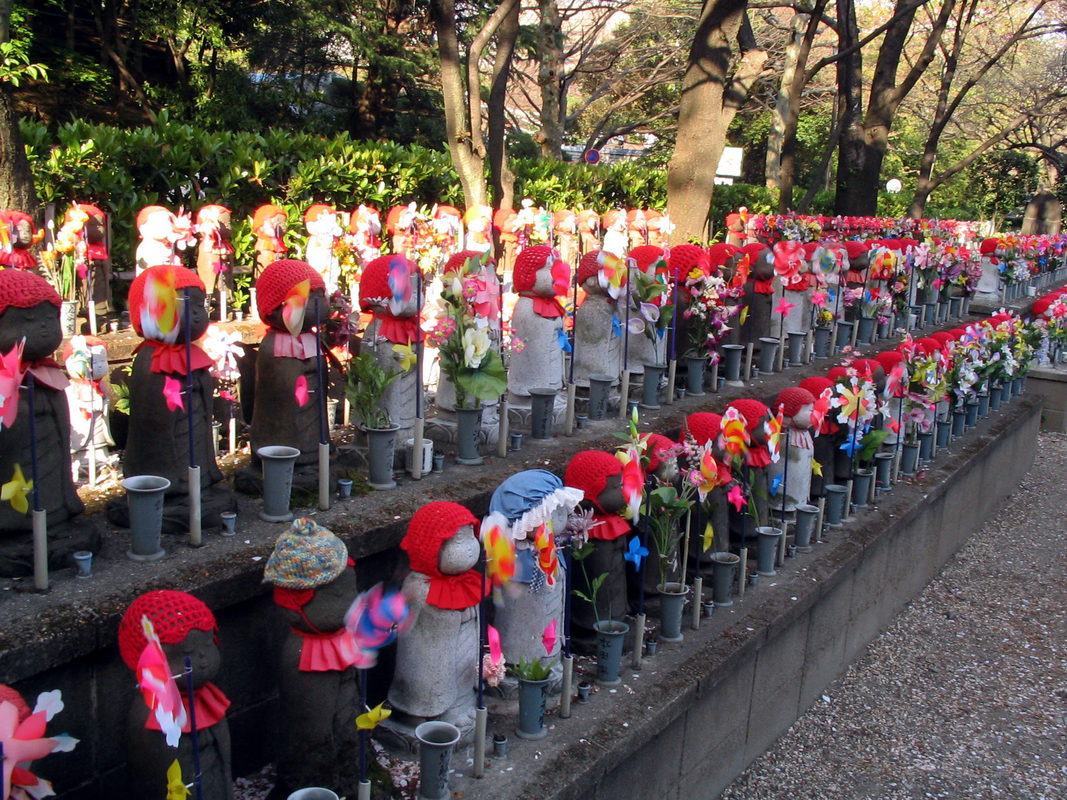
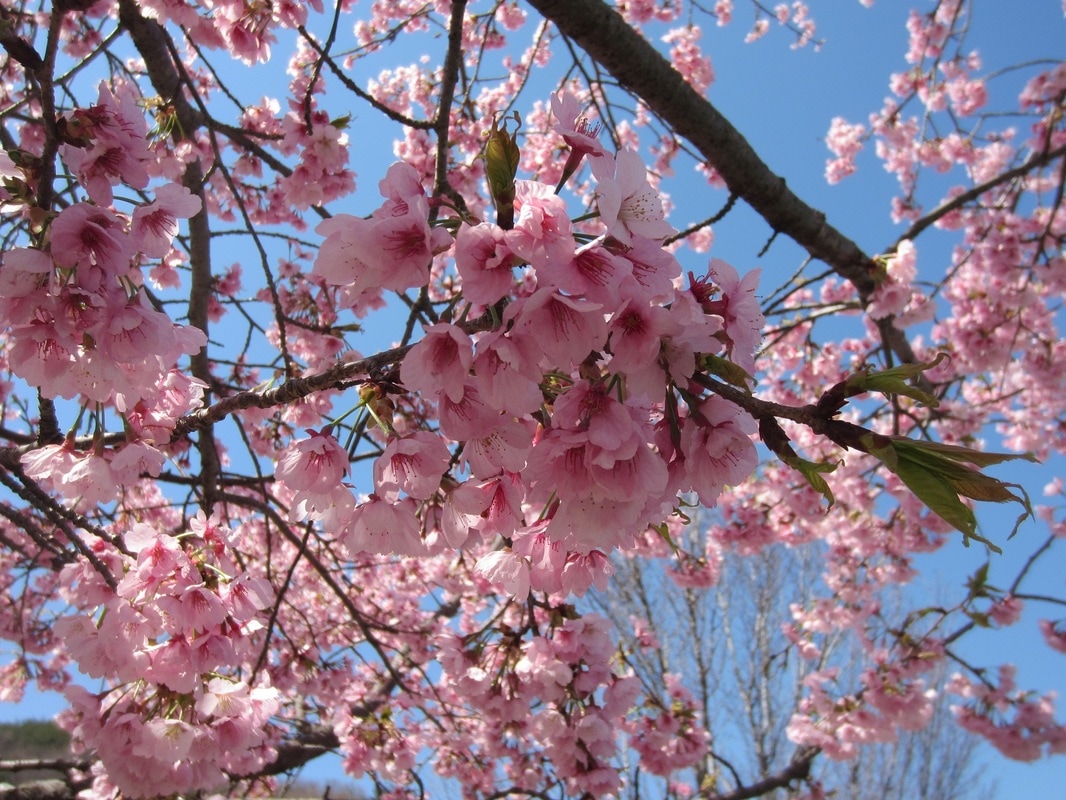
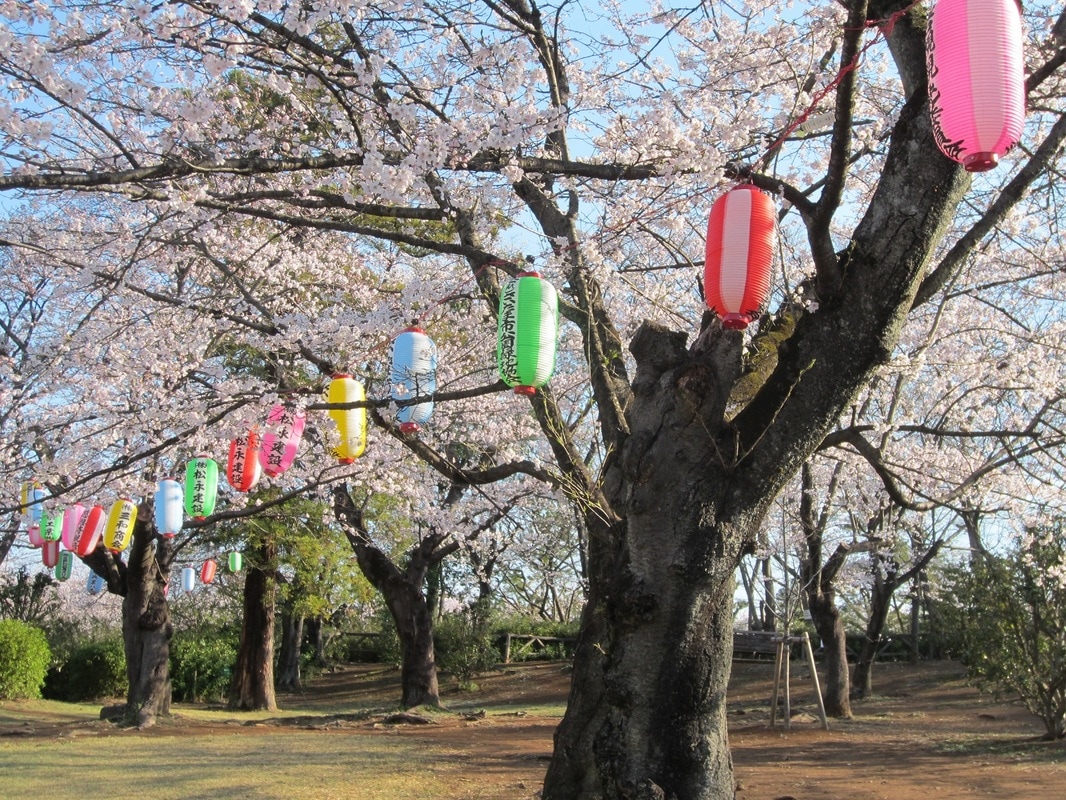

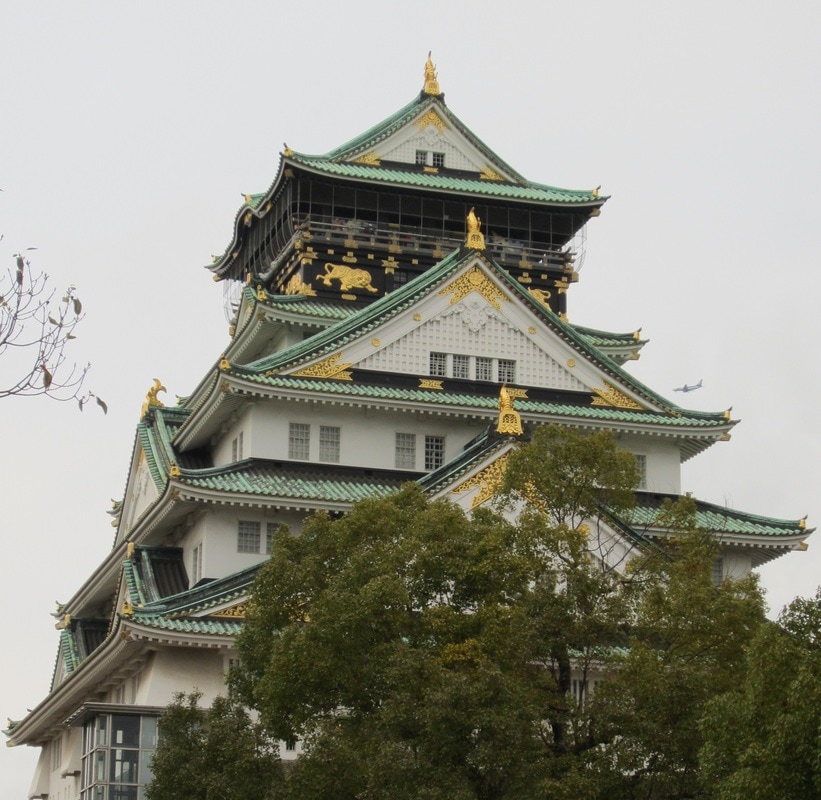



 RSS Feed
RSS Feed
